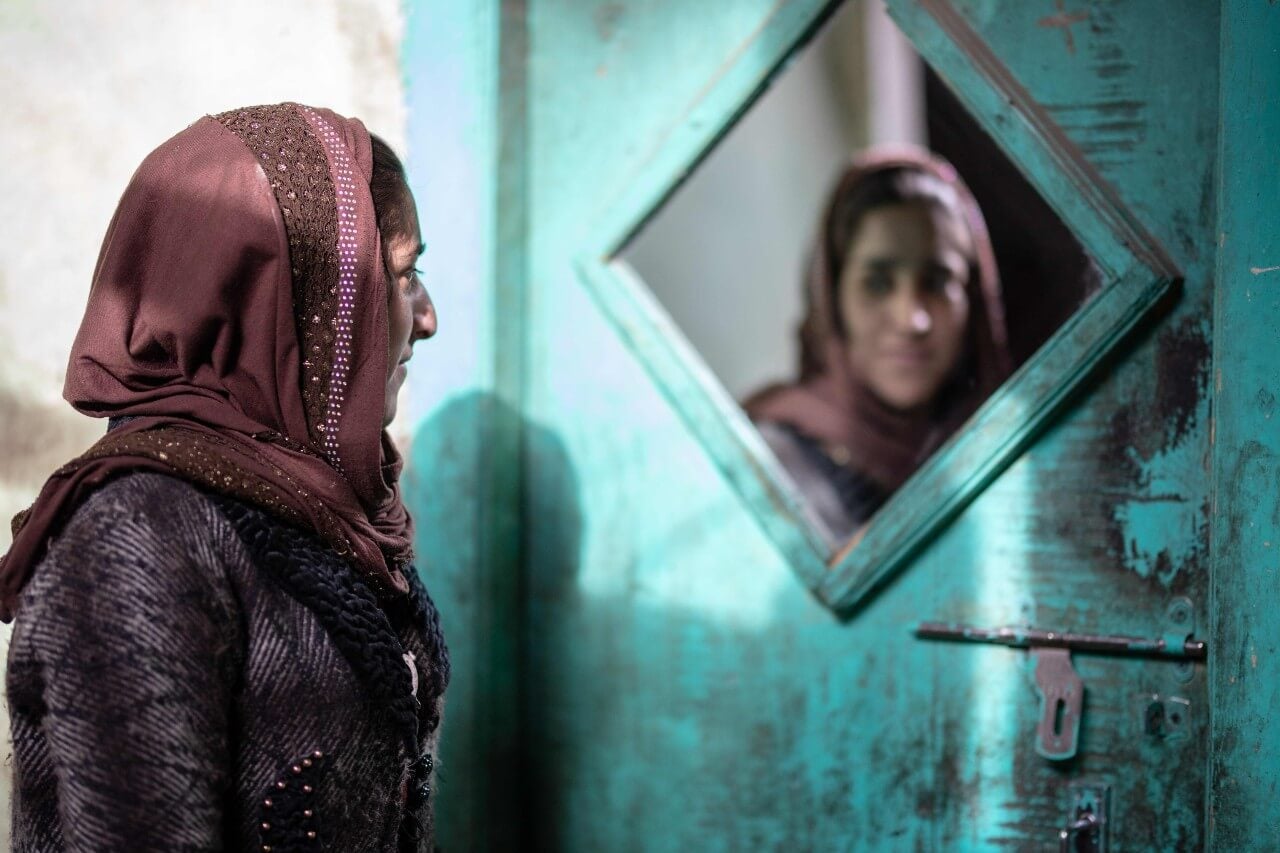In the words of Hira*: ‘Imagine a generation in depression.’
Hira* is a former public servant in Kunar, Afghanistan.

I grew up in an educated but conservative family. My family had a good economic status, so women’s work was not seen as valuable. According to my family, only women with an economic need should work.
Before the Taliban takeover, although I didn’t have that much freedom, civic freedoms were respected, and I secretly participated in charitable and civic activities. I wanted to be a useful person in my community, and I had just convinced my family to respect my freedom, so the atmosphere within our family was opening up.
I also started working for the Government shortly after completing my bachelor’s degree. … My sister also worked in the Government and helped me and many other women.
But when the Taliban regained control of Afghanistan, everything was reversed. On the first day of the fall of the Government, my husband warned me that democracy was over and that I could no longer be proud of the Ministry of Women’s Affairs or my sister. He said: “Listen to what I say, or I will divorce you.” I was physically beaten many times in front of my two young children.
There is no place to turn. If I turn to the current authorities, not only will I not receive support, but I will be subjected to more violence. They openly advertise in mosques that a man has the right to beat his wife if she does not accept his word.
Every morning I wake up hoping for good news, and every night I fall asleep disappointed. I can’t believe that all the achievements for women’s rights were destroyed and burned before the eyes of the international community on 15 August [2021], in half a day, and that today Afghan women are still burning.
The most important change in my life, and those of the millions of girls and women in my country after August, is that despair now reigns over our souls. With the support of the international community and the Constitution, Afghan women were able to make golden achievements in all fields in a short period of time. But today, the humanity of Afghan women is even questioned. I used to be a dreamer, but now my dreams and aspirations are limited. I think it might be a miracle if one day the gates of schools and universities open again for women and girls.
Afghan women are not living at the moment; they are just trying to survive. I have a strong sense of distrust. In the past, I used to share my feelings on social media with my friends, but today the atmosphere of fear and mistrust has deepened so much that I cannot share my pain with my friends. I have never felt so alone. Many times, I have decided to end my life, but I think about the fate of my son.
Deprivations of the right to work and education have severely affected mental problems and created depression. Imagine a generation in depression. This generation will be the mothers of the future. The children of hopeless and depressed people are dangerous for the future of Afghanistan.
The only thing to do in this situation is to negotiate with the Taliban. As long as the internal conflict continues, Afghanistan will continue on a dangerous path, and deprivation and poverty will create other problems.
What we want from the international community is practical action. We need to start a real dialogue about Afghanistan and about women’s rights.
* Names, locations, and course of events have been changed in this article to ensure the safety of the woman featured.







